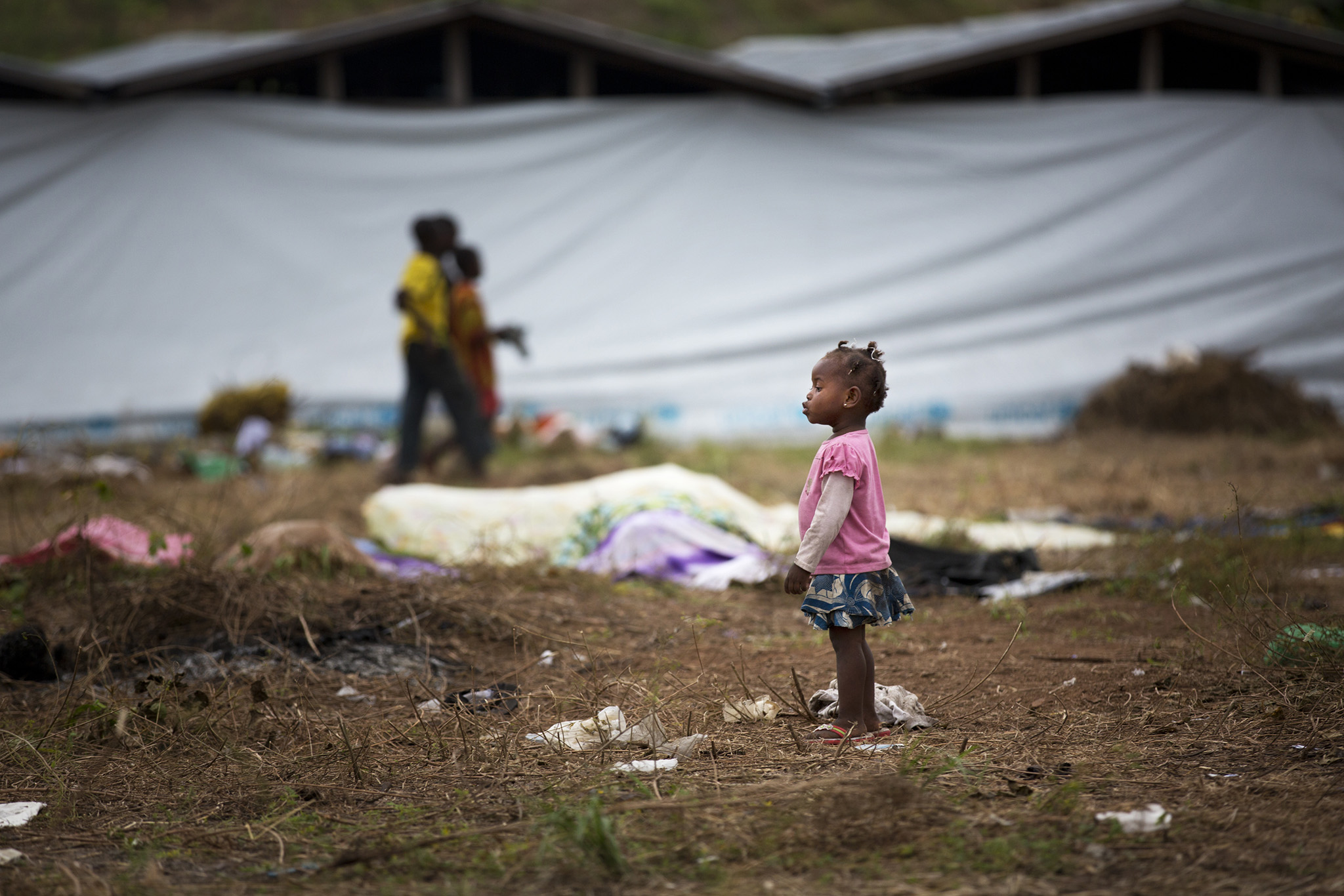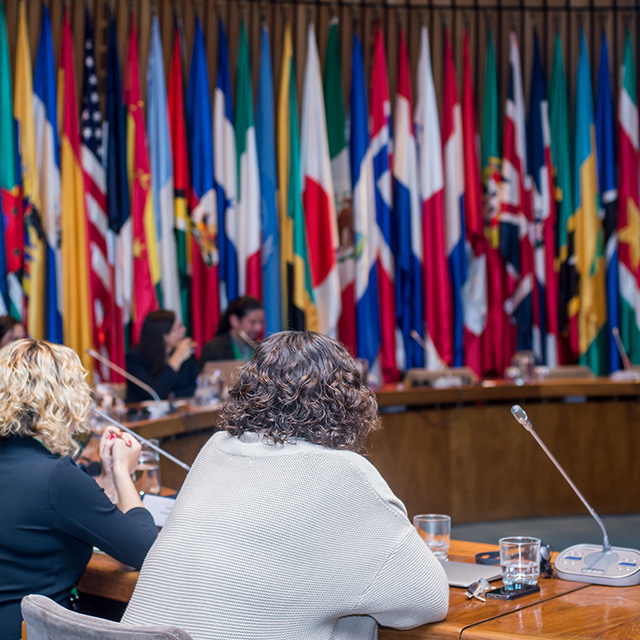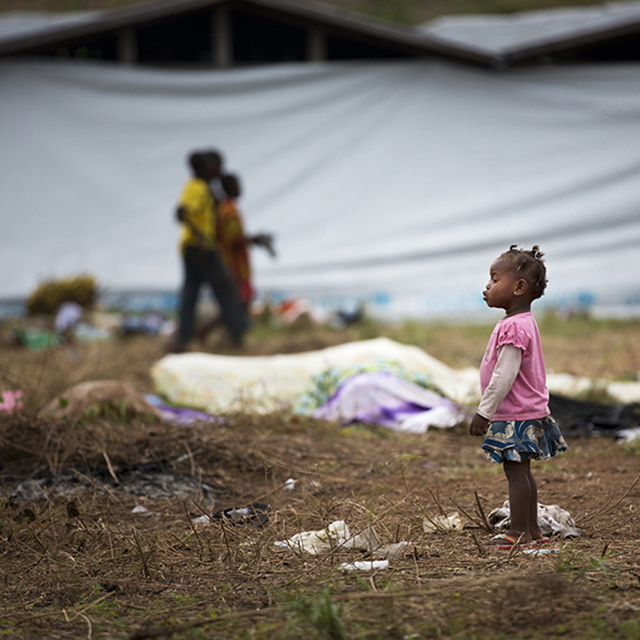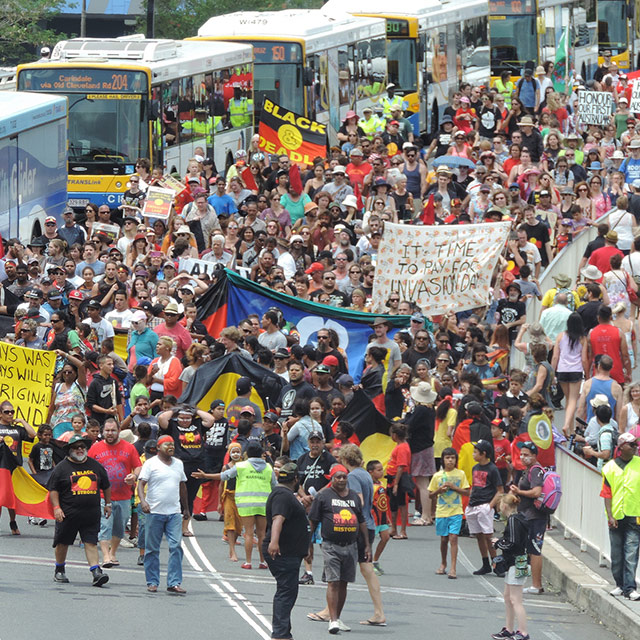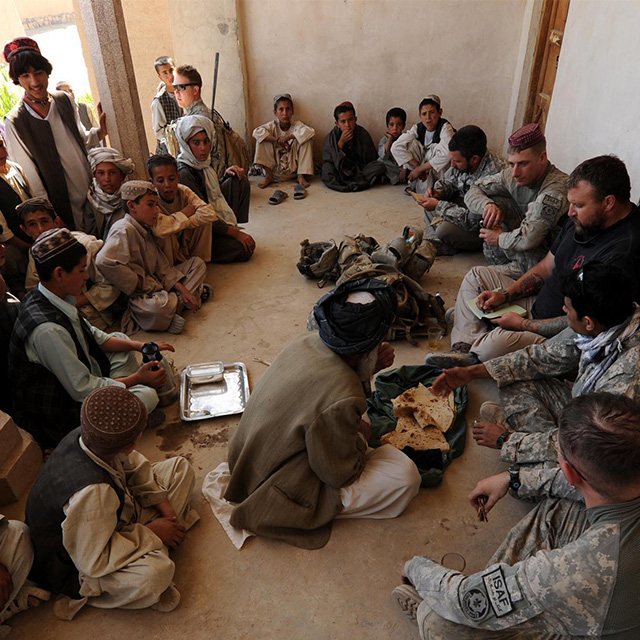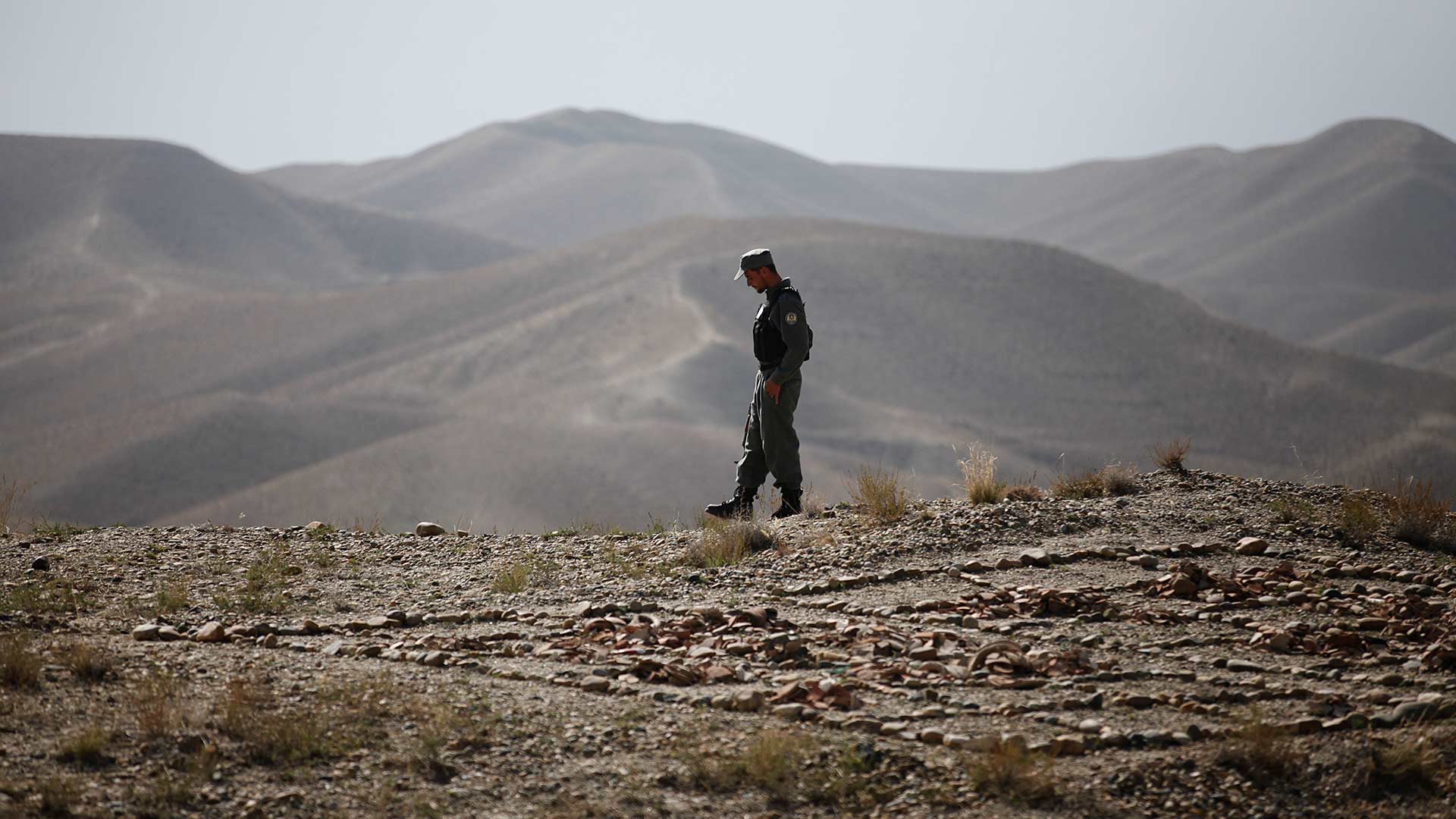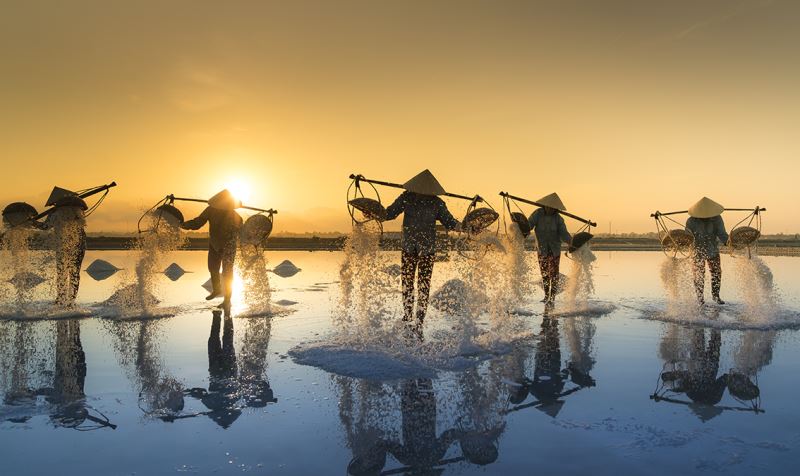From women to children to indigenous peoples, the rights of marginalized groups the world over are violated daily. These injustices affect not just these groups, but also the stability of our world – and our collective future.
Join this massive open online course to learn about the establishment of human rights and their linkages to many other global issues in sustainable development. Using legal frameworks as the lens, the course explores the barriers that prevent rights from becoming reality in different societies.
